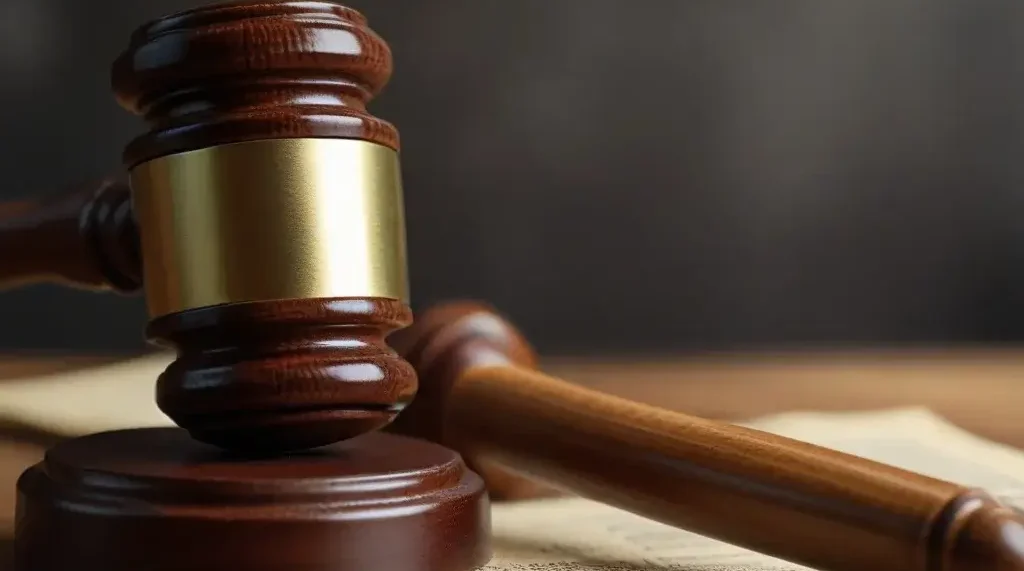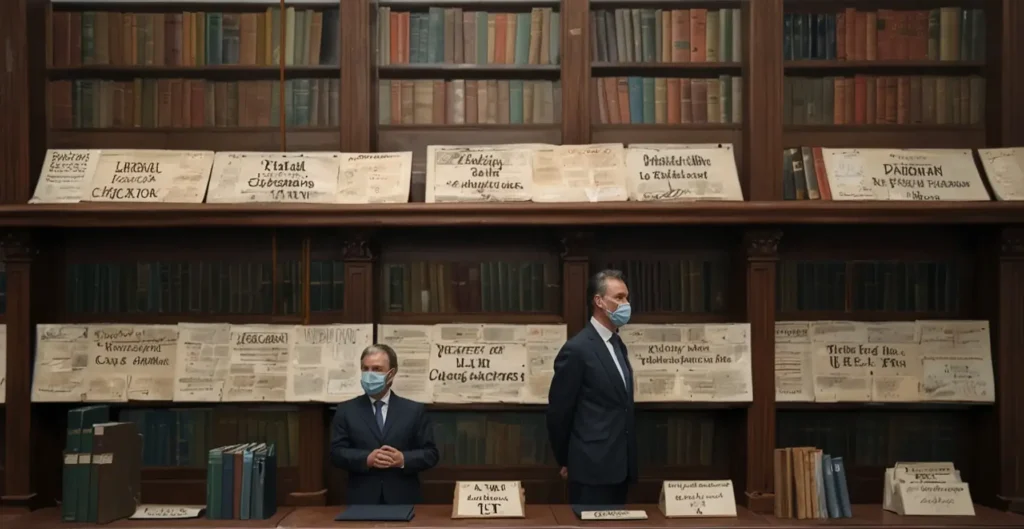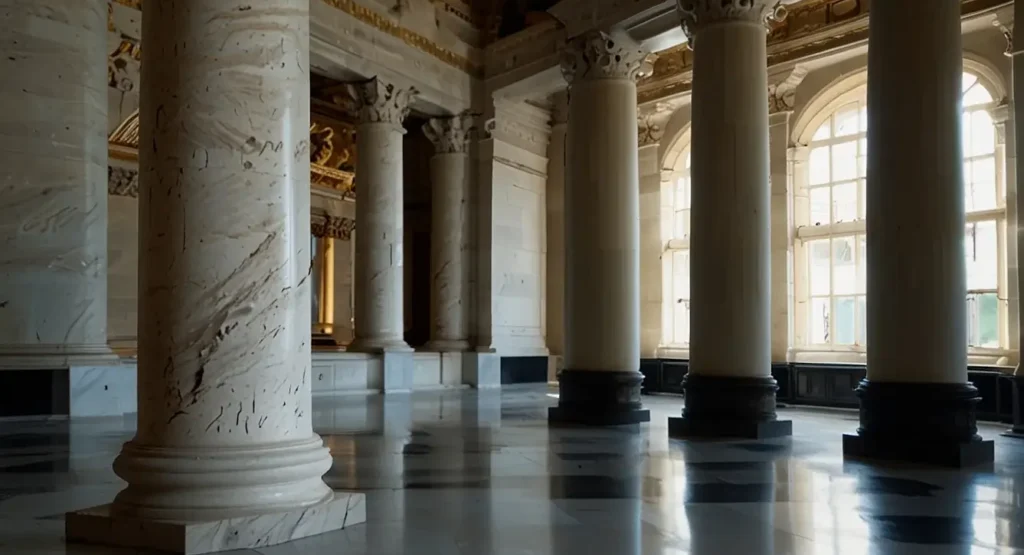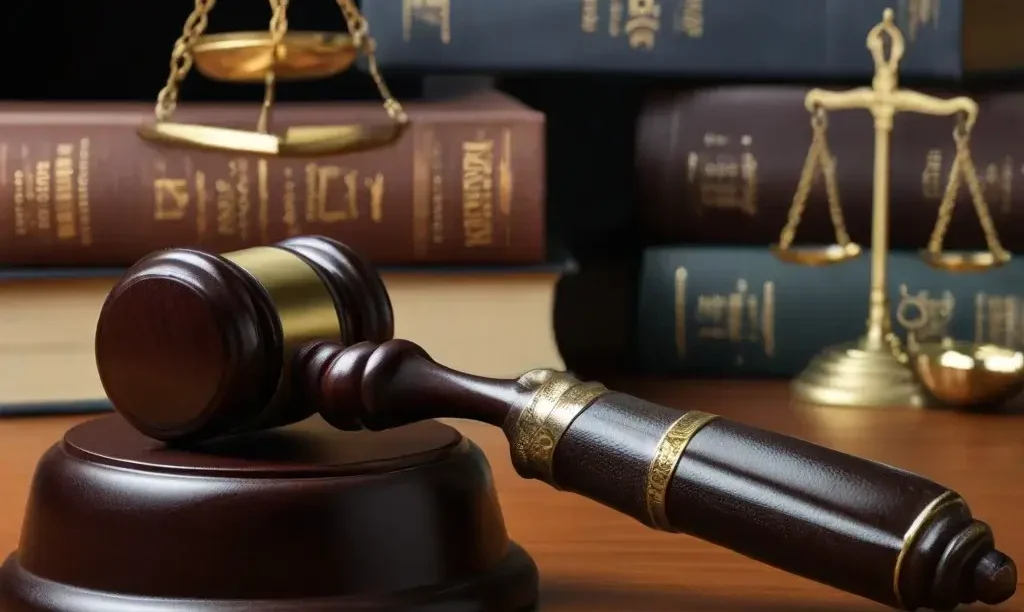The sources of law denote the roots from which laws governing human conduct are formulated and acquire legal power. It also indicates the sovereign or the state from whom the laws derive their execution or authority. Various elements have influenced the evolution of law. These elements are regarded as the origins of law.
Historical Sources of Law
Historical sources are those in which rules, later transformed into legal principles, were initially discovered in an unofficial format. These are not permitted by the judicial system as a matter of right. These function solely in a mediatory and indirect capacity. Historical sources of law elucidate the historical importance and necessity for the evolution of legal frameworks. It encompasses religious beliefs, local practices, juristic viewpoints, and historical evolution. There exist two categories of historical legal sources: Religion and Morality.
Legal Sources of Law
Legal sources denote the several instruments or entities of the State tasked with formulating legal regulations, including legislation and customary law. These are authoritative and are adhered to the legal courts as a matter of right. These are the conduits by which novel principles penetrate the domain of law.
Every legal system has principles of recognition that dictate the formulation of new laws and the abrogation of obsolete ones. Every legal concept involved in a judicial decision possesses the authority of law. Comparable legal acknowledgment is granted to the legislative impact of legislation and traditional practices. These regulations establish the foundations of law. A source of law is any information that, in line with fundamental principles, dictates the acknowledgment and adoption of a new norm as possessing legal authority.
The law often originates from one or more of the following legal sources: a written constitution, legislation, judicial precedent, customs, and scholarly literature; for instance, English law predominantly derives from legislation and precedent.
- Legislation entails the formulation of laws by an authorized entity within the political framework.
- Precedent is the creation of legal principles via the recognition and application of new norms by the courts in the pursuit of justice.
- Statutory law is introduced into the courts, whereas case law is generated inside the courts itself.
- Customary law comprises those customs that meet the criteria established by law for their acknowledgment as binding standards of conduct.
- Conventional law is established via agreement, possessing the authority of special law among the parties, either in derogation of or supplementary to the general law of the nation.
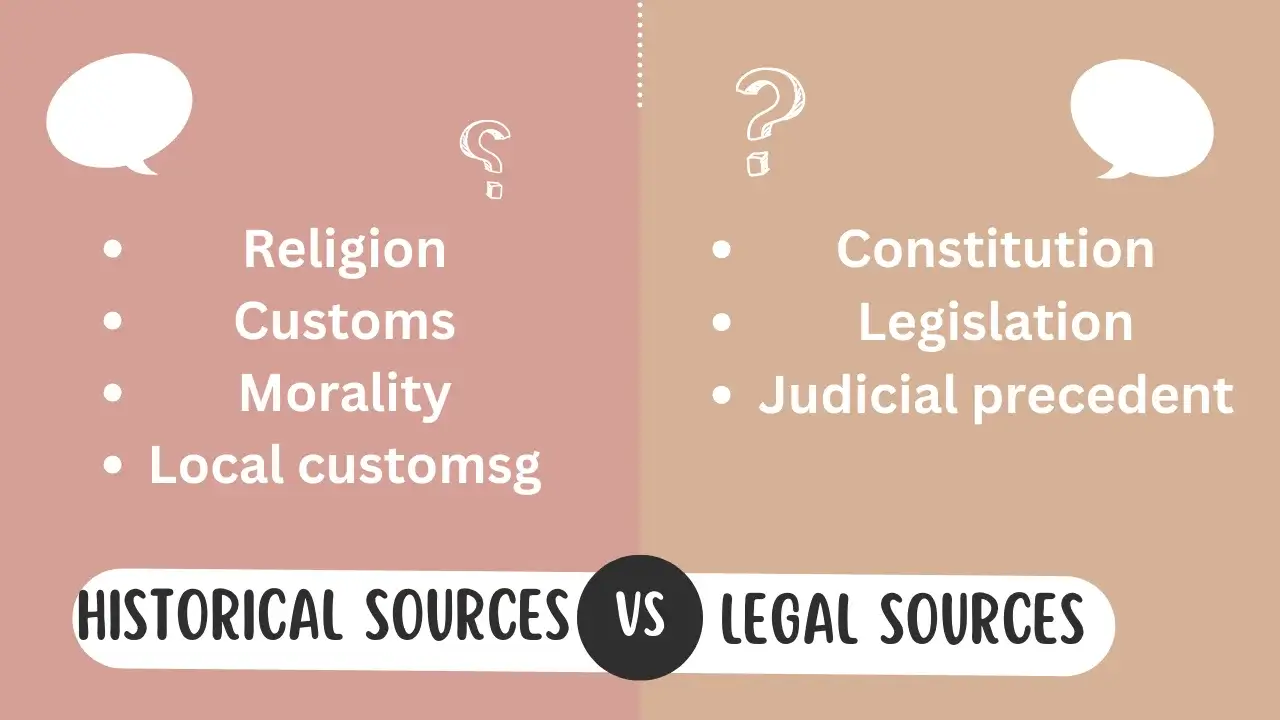
Kinds of Law
According to their legal origins, there are six categories of law:
- Legislation-derived enacted law
- Case law originates from precedent
- Customary law is derived from custom
- Conventional law originating from agreements
- Equity deriving concurrently from common law
- Professional judgments of distinguished jurists, manifesting as juristic law
Legislation
Legislation is in fact a primary source of law, consisting of the promulgation of legal regulations by an authorized entity. Legislation may serve several aims, including regulation, authorization, facilitation, prohibition, resource provision, granting, sanctioning, restriction, or declaration.
A parliamentary legislature enacts new laws and modifies or rescinds existing legislation, including Acts of Parliament. Legislatures may confer the power to pass laws to subordinate bodies. By-laws, Orders in Council, and Statutory Instruments exemplify delegated legislation in the UK. The legislature generally possesses the capacity to retract delegated powers at its discretion, and delegated legislation may be contested on grounds of procedural flaws.
The word legislation encompasses all expressions of the legislature, regardless of whether they pertain to lawmaking. A parliamentary act may consist just of instituting a standardized time across the realm or modifying the currency.
Judicial Precedent
Judicial precedent, often known as case law or judge-made law, is mostly associated with nations adhering to English common law, but several civil law systems have also adopted this concept. The corpus of legal precedent derived from centuries of decisions is referred to as precedent. Judicial decisions in significant instances are recorded and become vital legal precedents.
In the absence of legislative intervention on a specific issue due to changing circumstances, judges depend on their individual moral judgment to adjudicate disputes grounded in basic principles. Authoritative precedent rulings provide guidance for similar future cases. A judge may apply “justice” instead of “the law” due to the flexibility and adaptability of precedent in contrast to other legal sources.
A precedent have no ability to annul; it is solely formative. This indicates that a court verdict possesses the power to establish laws but not to alter or amend them. Judges are obligated to adhere to established legal rules while they are present. They cannot supplant the established rule of law with their personal convictions. Their role is confined to addressing the deficiencies of the legal system, introducing new legislation to bridge existing gaps, and enhancing the inadequately formed corpus of legal theory.
A precedent is acknowledged because a judicial ruling is assumed to be accurate. What is rendered in judgment must be regarded as established truth. It is likely true, and even if it is not, it is advantageous to consider it as true. The adherence to precedents instills confidence in the litigants’ minds. The certainty and clarity of law constitute a significant benefit. It fosters social progress, ensuring that the administration of justice is just and impartial. Judges, who are authorities in legal studies, render decisions.
Kinds of Precedents
Authoritative and Persuasive
An authoritative precedent is one that judges are obligated to adhere to, regardless of their personal approval. A compelling precedent is one that judges are not obligated to adhere to, nevertheless they will contemplate and regard with significant importance due to its perceived merit. Persuasive precedents are only historical, whereas authoritative precedents provide the legal basis of law.
Authoritative precedents establish law in accordance with a certain rule of law that bestows upon them that effect. If compelling precedents succeed in establishing law, they do so indirectly by providing the historical foundation for subsequent authoritative precedents. They lack any legal authority or impact on their own.
Absolute and Conditional
Authoritative precedents are categorized into two types: absolute and conditional. Judges must adhere to unquestionably authoritative precedents, regardless of their personal approval. They possess the right to implicit obedience. Courts may dismiss authoritative precedents with conditional power under specific circumstances. Although they are generally legally binding, several exceptions exist. The court is authorized to act if the ruling is erroneous.
A conditional precedent may be discarded by dissent (non-confirmation or disagreement) or by overruling (exercising power). In the event of overruling, the precedent that is overturned is officially deemed erroneous, rendering it inapplicable for future judicial proceedings.
Declaratory and Original
A declarative precedent is only an application of a recognized legal concept. A precedent that formulates and enforces a new standard is considered unique. Declaratory precedent is regulated by a standard that is enforced as it is already incorporated into the law. An original precedent constitutes future law due to its current use. In sophisticated nations, the quantity of declarative precedents is greater. The quantity of unique precedents is few, although their significance is substantial.
Customs
A custom, as a legal principle, is not codified but rather a norm that, through prolonged practice, gets integrated into the sources of law. These are referred to as generic customs. Particular (or “private”) traditions may emerge when a family, region, or tribal group has, through prolonged practice, acquired the authority of law.
Custom represents the manifestation of ideals acknowledged by public awareness as just and beneficial to the common good. Custom constitutes the most ancient method of law creation. Studies on ancient law indicate that in prehistoric cultures, individuals’ lives were governed by traditions that evolved organically in response to circumstances. A certain method of execution was seen as more convenient than alternatives. When an action was repeatedly performed in a specific manner, it evolved into a custom.
Agreement or Treaties
A treaty is a publicly accepted and signed agreement, protocol, covenant, convention, pact, or exchange of letters between two or more nations. An agreement is a fundamental source of law as it establishes conventional law. The fact that an agreement serves as a source of rights is too well-known to necessitate elaboration. If X and Y engage into a legitimate agreement, the courts recognize and enforce that agreement for both parties.
The same is the case if A and B enter into an agreement with a lawful purpose. Nevertheless, such agreements are binding solely on the people involved and not on third parties. The law is a directive for behavior, and its universality serves as the criterion for legal validity. An agreement between two parties lacks generality. An agreement is valid while it is in existence, and once it is terminated, it ceases to have any impact.
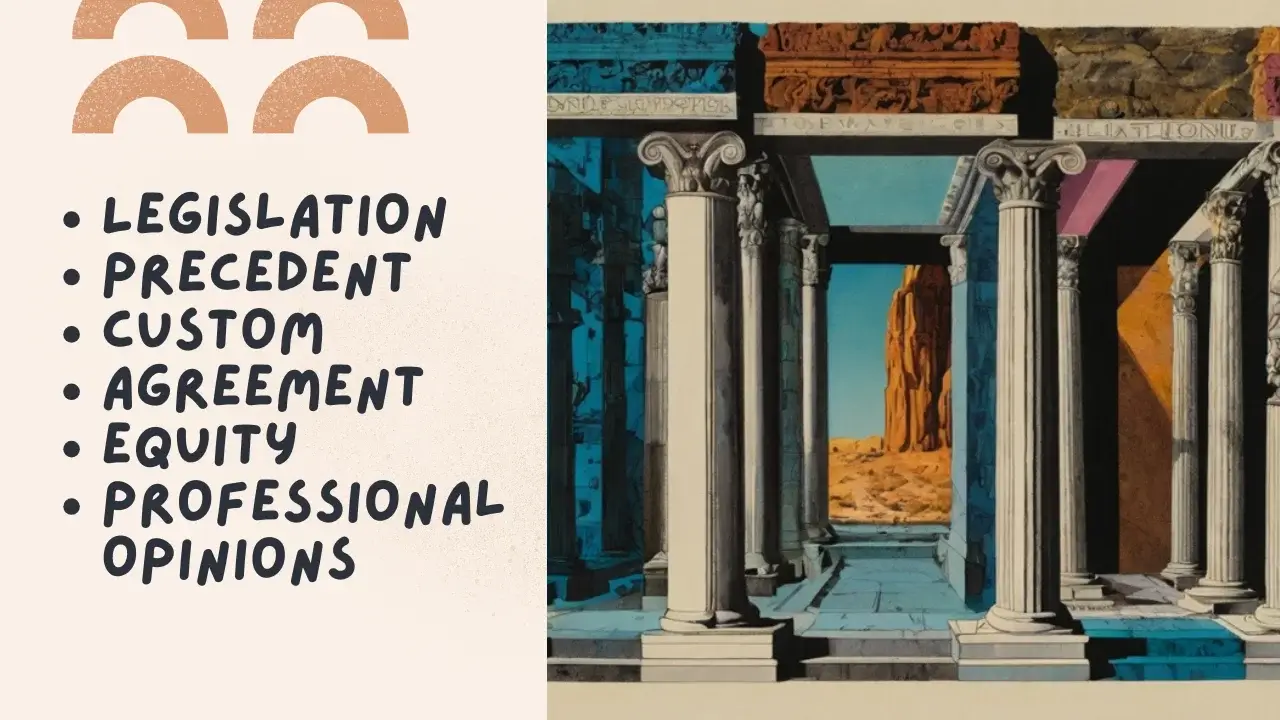
Professional Opinions
Professional opinions are a significant source of legislation. These may be examined under the categories of the standard hierarchy of judges, prevailing views within the legal profession, and perspectives of legal scholars.
- The typical sequence involves the legal pronouncements made by a judge during a ruling, which emerge organically from the case’s context, yet are not essential for the verdict. The significance of these rulings as a legal source is contingent upon the judge’s reputation and the correlation of existing law about the specific issue and related subjects.
- The legal profession comprises judges, practicing attorneys, and educators in legal subjects. These sectors of the legal profession exert a significant impact on the evolution and advancement of law. While the impact of expert opinion is less significant in England compared to Rome, it remains substantial.
- The perspectives of textbook authors contribute to the development of law. This has been especially true in the context of international law. The regulations have often relied on the perspectives of jurists. The impact of textbook authors was more significant in Roman law than in English law. This is partially because the study of law had a significant role in the lives of educated Romans.
In medieval and contemporary Europe, the works of eminent jurists were a crucial source of law. They determined which legal system should dominate within a certain society.
Informal Control
Informal control include gossip, slander, resentment, public opinion, compassion, a sense of justice, folkways, mores, customs, religion, morality, and similar forces. These are not intentionally designed. No definitive statements could be made concerning their origin. They emerge uniquely and gradually attain acceptance and appeal. They get entrenched in their methods with individuals. No explicit penalties will be imposed on offenders of informal control; nonetheless, it remains more effective than formal control.
They do not need additional personnel for enforcement, unlike formal control measures. They lack the physical power to impose compliance upon others. Consequently, individuals may refrain from disregarding them or opposing them to avoid bodily retribution. Informal control is more efficacious in core social groupings, including family, neighborhood, tribe, and rural communities, where interactions occur on a personal level. Informal control methods diminish in efficacy as the group or society expands and becomes more complex.
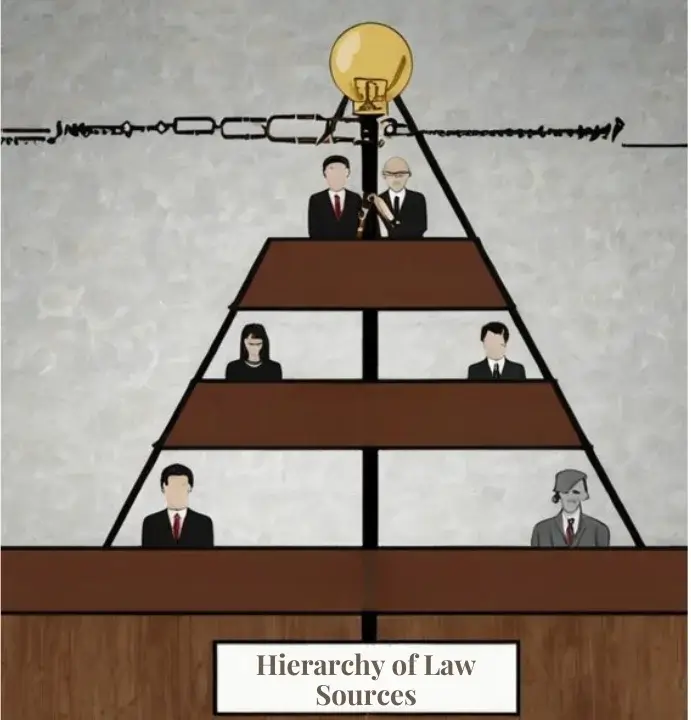
In general, social control refers to sociological and political procedures and methods that manage behavior, both individually and collectively, with the goal of achieving compliance and adherence to the laws and regulations of a particular state, society, or social group. Social control is the application of behavioral norms to members of a community. Certain norms of behavior can be classified as good manners according to cultural definitions. As such, they characterize actions that are socially acceptable but not always required. There are other standards of behavior that are mandatory and governed by legislation.
Laws in vast, complex cultures are typically codified properly so that everyone can understand them. Small-scale societies like those of forgers, pastoralists, and horticulturists do not have regulations like these. Their laws are almost never codified and are typically far more informal. There’s no reason to explain them to anyone because they are a part of the dynamic oral heritage that these communities are familiar with. However, visitors from other societies are unlikely to be aware of the regulations until there is a disagreement.

